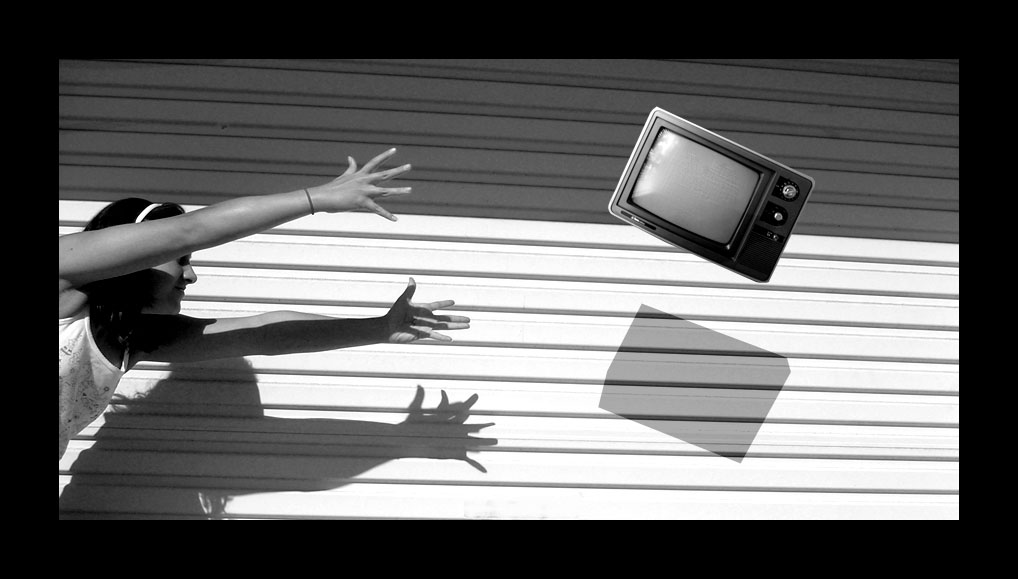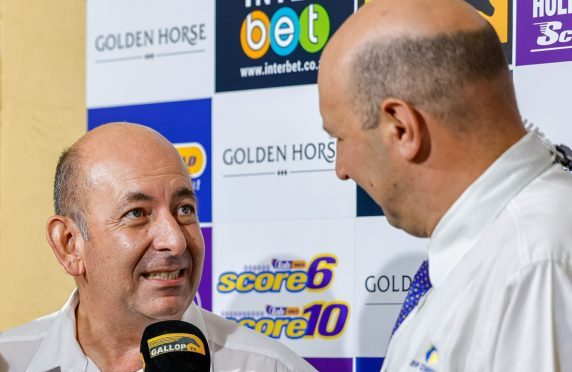1. Shortfall Must Be Addressed
Basil Thomas wouldn’t appear to have many worries about his future now that he represents bookmakers if the figures he presented last week are correct.
However, his letter offers little solace for those who make their living from horseracing.
There remains a shortfall in the returns to racing and the one figure that can’t be disputed is that bookmakers return only R68 million to racing compared to the figure of R607 million that an Economic Impact Study said that the operators returned.
The figure I find surprising is the bookmaker’s “win” compared to turnover, which is far lower than the Tote’s.
Excuse me if I am talking “hogwash” again, but by my mathematics this would mean that the dividends for a win or a place with the bookmakers should be far superior, whereas over a period of time they are usually much of a muchness and certainly not as wide apart as the “win” percentages suggest they should be.
Furthermore, and once again by my simplistic maths, a look at the figures presented would imply that in horseracing the bookmakers bet on average to a book of just over 110%, whereas this seldom appears to be the case.
Taking Greyville’s Friday night eight race meeting and working on the SP the books were, rounded to the nearest unit, 119%, 122%, 125%, 122%, 122%, 119%, 123% and 115%.
If memory serves me correctly the bookmakers have explained this away in the past by saying that the figures don’t include “the stretch”, but if the roundedness of the book is supposed to include “the stretch”, why don’t deductions for scratched horses include the stretch and furthermore is it then ever possible to calculate the actual percentage book?
Perhaps “the stretch” could be done away with and the actual prices used at all times.
I would also like to know whether a good July and/or Met result for the bookmakers means a bigger “win” for bookmakers in that year, considering that there is huge turnover on those two races.
I feel that Mr Thomas’ missed the point regarding my reference to Phil Bull.
The U.K. betting market is dominated by bookmakers and finds itself as one of the worst country’s in the world in terms of cost of ownership compared to stakes and this is frankly incredible when considering that the sport is so popular there that it is part of the very fabric of the national culture, while the Brits are also right near the top in terms of betting amounts per adult per year.
Just across the channel in France, which doesn’t have the same racing or betting culture but does have a tote monopoly, the costs of ownership compared to stakes are very healthy.
Are the operators in South Africa supposed to ignore this as they watch bookmakers become more and more dominant out here, while the costs for the owner compared to stakes becomes higher and higher?
Furthermore, unlike Thomas’ claim that punters don’t “give a hoot” how much of their money is returned to racing, Bull clearly did care.
That was because he saw the bigger picture and realised that the health of the sport (i.e. a favourable cost to stakes ratio) was the most important factor for everybody involved including punters.
The government should also surely be concerned about the health of the sport as it not only generates impressive tax money, but also 16,000 direct jobs and 100,000 jobs in the related upstream and downstream industries.
What people who make their living from racing, and I am sure many punters, really want to know is how is the shortfall in returns to racing going to be addressed.
-David Thiselton
.
2. Closing Arguements
Something tells me that Mr Thiselton is one of those gentlemen who likes to have the last say – even if what he says is unintelligible. I am obviously not smart enough to get his garbled message in his latest effort – and before I am accused of killing off your readers with boredom, I should graciously let this story wind down. So here are my closing comments:
1. This whole interaction started with me accusing Mr Thiselton, Gold Circle and The Mercury of a lack of transparency. Nothing in the responses so far has changed my mind – although I have a sneaky feeling that we may not be seeing too many more one-sided stories in The Mercury in the future. Just a feeling…………..
2. Please Mr Thiselton – don’t be arrogant (again). My future does not depend on either Bookmaking or Bookmakers – and I do not “represent Bookmakers” and certainly do not speak on behalf of Bookmakers. I have declared that I consult to a leading purple brand (where I am having a helluva lot of fun) and also that I have consulted to both Gold Circle and Phumelela.
3. I like fair play – and in the past have written to Sporting Post criticising one of its journalists for what I believed to unwarranted and consistently negative attacks on Gold Circle (a letter written whilst I was wearing my Purple Cap).
4. The fact that all of this interaction is taking place in Sporting Post exemplifies the irony. Mr Thiselton is able to write to you in the sure and certain knowledge that his views will be aired. A privilege that he and Gold Circle did not afford the Bookmakers. Still no offers?
5. The Operators (Phumelela and Gold Circle) are clearly hell-bent on a focused and co-ordinated dissemination of misinformation and propaganda – which is where Mr Thiselton entered in the first place. Last week’s interview between Alec Hogg and the CEO of Phumelela was another example of collaborative, one-sided journalism. Why the surprise when someone says “hold on a minute, this is not right”?
That’s my lot! No doubt, Mr Thiselton will have something for you next week – but I would rather that he faces the murder charges alone!
– Basil Thomas
.
3. Mafia’s Cut to the Local Godfather
As interesting as this debate may be, it amazes me that these clever writers continue to mix apples and oranges without apparently noticing.
Perhaps I can point out firstly, is that everywhere there is a presumption that bookmakers have to compete with the tote in some sort of competition to provide stakes for the owners to offset their costs… as if it is written in stone and that it is obvious that it should be like that.
The bookmaker is already in a personal race with owners and punters each time they lay a bet. How is it that over and above that risk, there is a presumption that if the bookmaker wins he should have to issue a cut to the stakes as if it’s the mafia’s cut to the local godfather?
The tote was “given” to racing in this country to fatten the stakes long after bookmakers had been providing a service for owners and punters to have a bet. Above that, the tote is (was?) allowed to operate as a monopoly.
Thistleton keeps on drawing a direct connection between owners (and their costs) to bookmakers. It would be more useful to the reader if he can show why he makes this connection rather than just assuming that their is an obligation. It appears that other mediums such as casinos and lotteries have no such obligation.
via email -Tony Mincione








